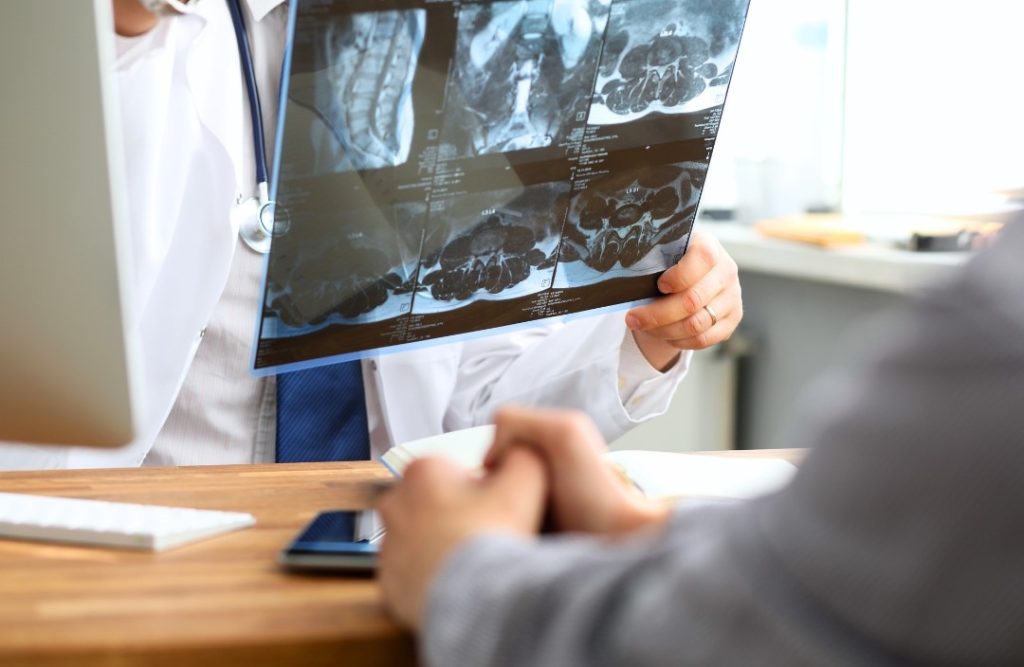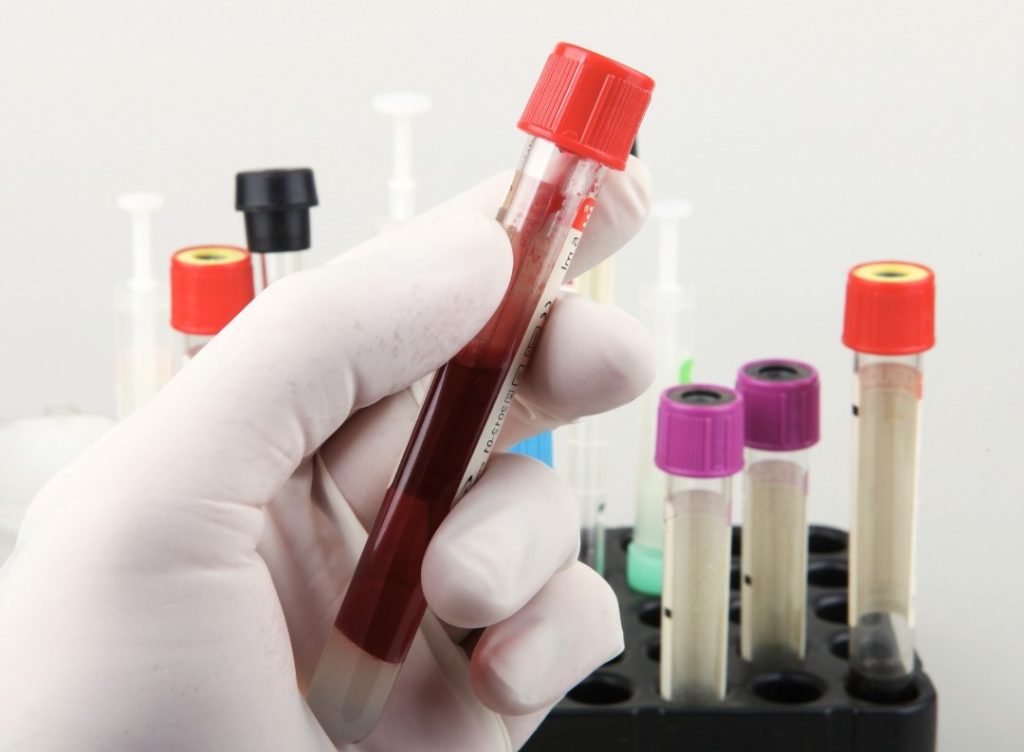


Health screening is a proactive approach to maintaining the well-being of individuals. It is an integral element of preventive healthcare that allows individuals to detect diseases and various health conditions early on and take steps to manage and treat them. It can empower people to identify potential health problems even before any symptoms start to appear.
Early detection of diseases enables timely intervention, helps prevent serious complications in the future, and increases the chances of complete recovery. Moreover, regular health screening allows an individual to assess his/her risk factors for certain diseases and take necessary preventive steps to maintain an overall well-being and healthy body.
In Singapore, there are several health screening services offered in the public as well as private sector. Read on further to find out about full health screening in Singapore, the different types of screenings, when to get them, and what to expect.

Singapore health screening services can be divided into two main categories:
This type of screening covers some basic tests that evaluate the general health of an individual. Whatever health screening package in Singapore you choose, it should normally include the following tests:
Depending on the patient’s specific health conditions, history, and risk factors, specific health screening packages are offered. These specific tests may include:
In Singapore, there are several public and private hospitals, clinics, and healthcare centres that offer good executive health screening services. Singapore polyclinic health screening services are also offered, but they only cover some basic diseases and conditions; for more comprehensive health screening services, you will need to visit other hospitals, clinics, and healthcare centres. You can also contact us and we’ll recommend you the proper steps to get a health screening appointment in Singapore.
There are several health screening tools in Singapore that are used to assess various conditions and the overall health of an individual. These include:

RadLink offers specialised health screening scans that can aid in the assessment and evaluation of certain diseases.
Mammography is a diagnostic screening tool that uses low-dose X-rays to create detailed images of the breast. Mammography is used for the early detection of breast abnormalities and cancer. RadLink also offers 3D mammography, which has been shown to give better results in terms of identifying the size, shape, and location of breast abnormalities. This increases the chances of accurate breast cancer detection.
Learn more about Breast Screening and Mammogram in Singapore here.
An MRI scan is an effective screening tool that utilises a strong magnet and radio waves to create detailed images of the body. An MRI is able to visualise the organs, soft tissues, and other internal body structures with much clarity, aiding in the detection of any abnormalities.
A CT scan uses X-rays that are shot from various different angles to create images which are then used by a computer to create cross sectional images of the body. A CT scan provides more detailed images of the body as compared to a plain X-ray and is, therefore, used in the detection and diagnosis of various abnormalities.
Check out this article to learn about the differences between MRI scan and CT Scan.
Ultrasound is an imaging scan that uses sound waves to get detailed images of the body. it is a non-invasive and simple procedure that produces real-time images of the body that can be used to identify any abnormality and consequently detect any condition in the body.
X-rays are the age-old technique of visualising bones and some soft tissues of the body as they can create simple 2D scan images. Although not as sophisticated as a CT or an MRI scan, X-rays are still used effectively to detect any bones abnormality in the body and can be used for early detection of some bone-related conditions.
Although there are a few generalised medical health screening packages in Singapore, there are some more specific and comprehensive ones targeted towards different individuals based on their gender, age, medical history, and lifestyle. Moreover, the frequency of screening also varies depending on these factors.
For example, for individuals aged 18 years and above, screening tests for obesity and hypertension should be carried out once every year. However, for individuals above 40 years of age, screening for diabetes and high blood cholesterol should be done once every three years or more frequently upon the doctor’s advice. Individuals older than 50 years should have a Faecal Immunochemical Test once every year and a Colonoscopy once every 5-10 years to check for colon cancer.
Similarly, there are some gender-specific health screening. Women aged 25 to 69 years should get PAP smears and HPV tests once every 3 to 5 years to check for cervical cancer. Women aged 40-49 are advised to go for mammography every year. Women aged 50 to 69 years should get a mammogram once every two years to check for breast cancer.
Men aged 55 and above should have a PSA exam to check for prostate cancer every two to three years. In men who have a family history of prostate cancer, screening should be carried out if they are above 40 years of age.
Since there are so many different health screening packages available, one might get confused as to which one to choose. One notion is to get screened for as many conditions as available but that will not only incur excessive costs, it can result in overdiagnosis and overtreatment. Unnecessary screening and tests will not offer any benefit.
So, how to choose the best health screening package in Singapore? An affordable health screening package in SIngapore should be tailored according to your specific needs and requirements. Depending on your age, lifestyle, characteristics, ethnicity, family history, gender, risk factors, past medical history, and other related factors, your doctor will be the best person to recommend specific health screening packages for you.
To ensure that your medical health screening goes along as planned, make sure you are prepared for it.
Depending on the type of health screening package you have chosen, you can expect different requirements and duration of the test. In a basic health screening, you can expect some basic blood tests, urine test, chest x-ray and an ECG, which altogether can take anywhere between 30 minutes to 2 hours. You may be required to fast for the blood tests.
For more comprehensive screening, in addition to the basic tests, you may undergo more blood tests, a stool test, and specific tests to screen for breast cancer, prostate cancer, cervical cancer, osteoporosis, and other conditions. The duration of the screening will depend on the number of tests and can take a day or may even be spread out to multiple days.
Often people are sceptical about why they should have regular health screenings? Health screenings can have such a profound impact on your lifestyle since you can make informed decisions about your health instead of just waking up one day and finding you have a disease that is too advanced to recover from. It offers various advantages such as:
Full health screening is a crucial part of proactive healthcare and well-being of individuals that allows them to detect any potential health problems early on, assess their risk factors, and carry out early intervention and treatment to increase their chances of recovery. It is, therefore, vital for everyone to consult their doctor or healthcare provider for a full health screening in Singapore. RadLink is Singapore’s healthcare service provider that offers various diagnostic testing and screening services. Contact RadLink today to start your journey towards proactive healthcare.
A general health screening focuses on evaluating conditions like heart disease, obesity, diabetes, hypertension, kidney disease, and respiratory conditions. The tests comprise blood tests, urine and stool tests, x-rays, and ultrasounds.
You should start the basic health screening that checks for obesity from when you are 18 years old. Around 40 years of age, you should start screening for diabetes, hypertension, and increased cholesterol levels. After the age of 50, start health screening for various types of cancers as well as heart issues.
Yes, x-rays and ultrasounds are part of certain health screening exams. These tests are usually carried out at regular intervals like once a year or once every two years.
The following factors should be considered while comparing and choosing a health screening package:
Some insurance companies in Singapore cover selected health screening tests such as mammograms and colonoscopy. Some part of the total cost is covered by the insurers and the remaining amount has to be paid out of pocket by the patient.